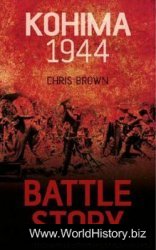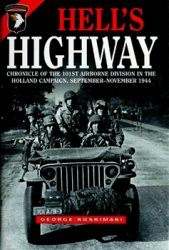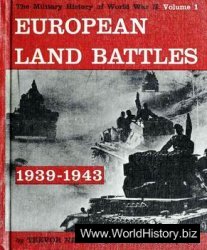In 1805 Aaron Burr stepped down as vice president of the United States. As mentioned above, he had challenged Jefferson for the presidency in the election of 1800, even though he had been nominated for vice president. Burr had conducted himself as president of the Senate quite ably; he presided over the impeachment trial of Justice Samuel Chase with rigorous fairness. Although Jefferson never referred to Burr's conduct in the election of 1800, it was clear that he did not trust his vice president. Burr ran for governor of New York in 1804 and lost. He blamed the loss on political enemies, including Alexander Hamilton.

When Hamilton made what Burr considered derogatory remarks about him at a dinner, the two antagonists sent notes to each other and eventually fought a duel. As dueling was illegal and punishable by death in New York, the two crossed the Hudson River to New Jersey, where Burr fatally wounded Hamilton on in July 11,1804. It remains the most famous duel in American history.
Burr was charged with murder in New York and New Jersey, though he was never tried in either jurisdiction. He fled to South Carolina, where his daughter lived, and eventually returned to Washington to complete his term as vice president. After leaving office in 1805, he embarked on an enterprise that eventually led to his being charged and tried for treason. Burr began corresponding with one General James Wilkinson concerning an apparent plan for the conquest of Mexico. Although the full nature of Burr's intentions remained unclear, it was rumored that he planned a rebellion to separate the Western parts of America from the nation and create an empire which he would control. He was clearly engaged in some sort of conspiracy, even though details remain murky. Burr was eventually arrested, charged with treason against the United States, and brought to Richmond, Virginia, for trial.
Before the trial began President Jefferson openly expressed his opinion that Burr was guilty of treason. Chief Justice Marshall, however, presiding over the trial, followed the strict construction of the definition of treason in the Constitution. Article III, Section 3, states:
"No person shall be convicted of Treason unless on the Testimony of two Witnesses to the same overt Act, or on Confession in open Court." In Marshall's opinion, the evidence provided by the prosecution failed to rise to that standard. Aaron Burr was thus acquitted, which widened and made permanent the rift between Jefferson and Marshall. Thus ended the public career of Aaron Burr, a man who fell out of grace, and whose behavior "filled many of his fellow 'great men' with horror."32 His many admirable qualities were outweighed by his overweening ambition.




 World History
World History









